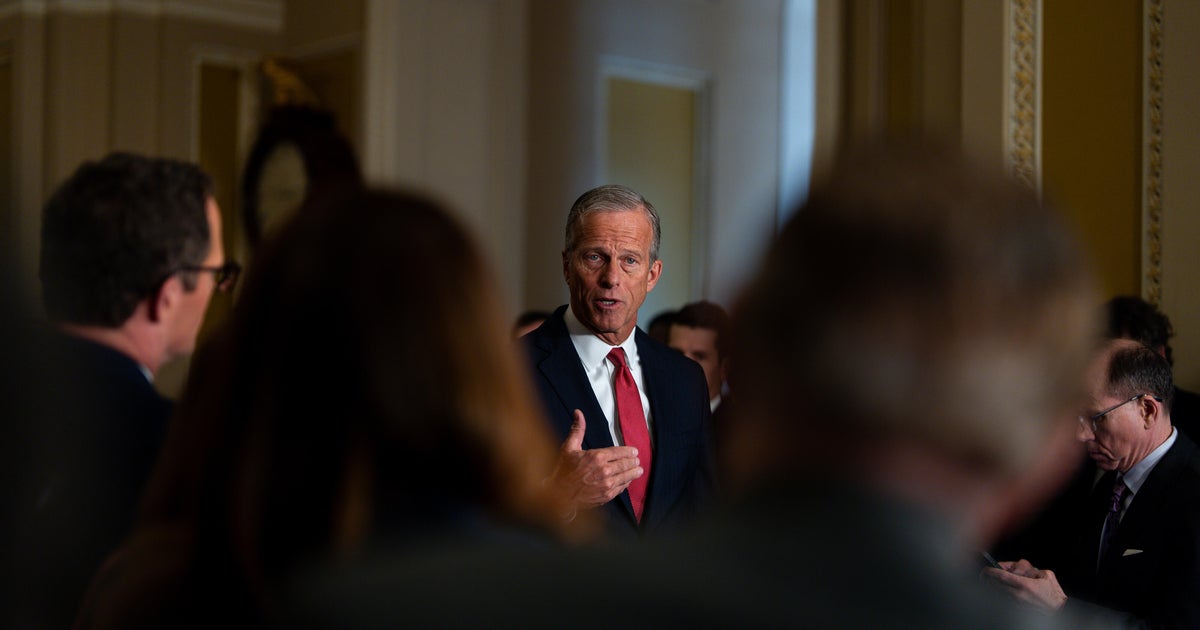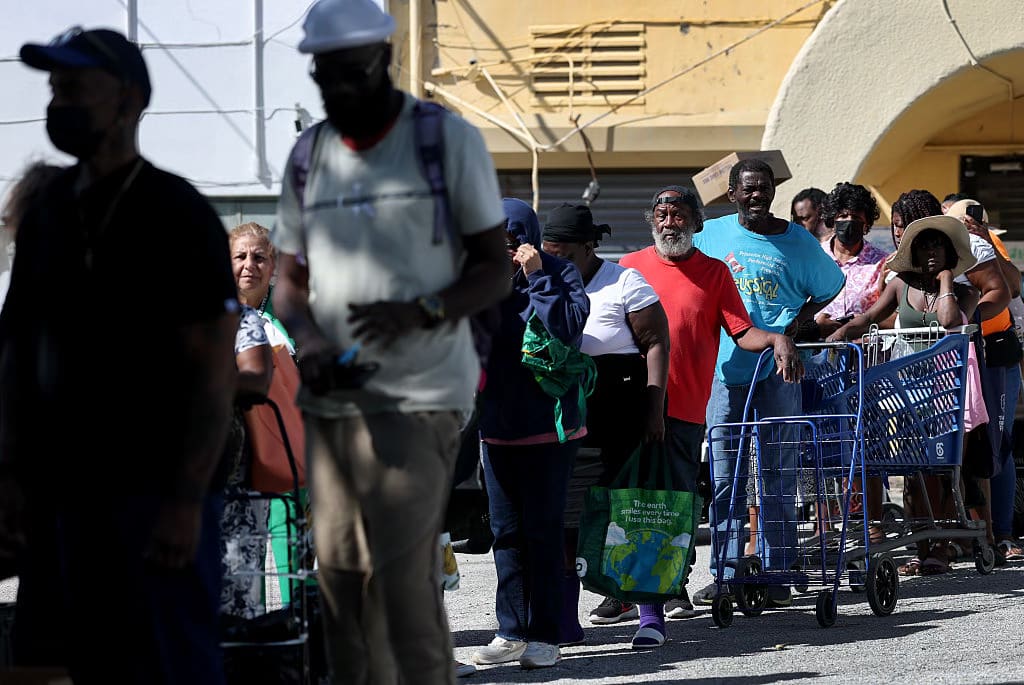Plan to travel? How a government shutdown could affect your trip.
If the U.S. government shuts down next week, a lapse in federal funding to agencies that enable air travel could disrupt Americans' fall travel plans.
Though Federal Aviation Administration (FAA) employees, including air traffic controllers and Transportation Security Administration (TSA) agents responsible for keeping the skies safe, are deemed essential and would therefore be required to work in the event of a shutdown, they would have to do so without immediate pay, according to the White House.
That's in part why Americans with trips planned could feel the effects of a government shutdown, with White House press secretary Karine Jean-Pierre warning it could cause "significant" delays for travelers.
A government shut down could cost the U.S. travel economy as much as $140 million a day, according to the U.S. Travel Association. The strain on the U.S. travel system would lead to more flight delays, longer screening lines and holdups in air travel modernization, according to the group.
What a shutdown would mean for travelers
For starters, many Americans say they simply won't travel if Congress can't approve new spending for federal agencies before an October 1 deadline. Six in 10 Americans said they would cancel or avoid air travel in the event of a shutdown, according to a survey from Ipsos and U.S. Travel.
With a possible government shutdown just days away, Scott Keyes, founder of travel website Going.com, is urging some travelers to come up with alternative plans immediately.
That includes people planning to visit one of the U.S.'s national parks next week.
- Who does a government shutdown affect most?
- A history of government shutdowns: The 14 times funding has lapsed since 1980
During the government shutdown in 2013, national parks and Washington, D.C., monuments were closed, resulting in roughly $500 million in lost tourism dollars, according to the National Parks Service.
Many parks stayed open during a shutdown in 2018 and 2019 thanks to state funding, but services such as trash collection and restrooms were unavailable.
For example, Arizona Gov. Katie Hobbs told the Arizona Republic that the Grand Canyon would stay open in the event of a federal government shutdown, through funding from the Arizona Lottery. "Arizona should not have to suffer because of the federal government's inaction," Hobbs told the media outlet. "The Grand Canyon is a pillar of our state and provides good paying jobs for hundreds of Arizonans while showcasing one of the seven natural wonders of the world to those who visit."
In 2018, then Gov. Douglas Ducey signed an executive order to keep the park open with state funding maintaining operations.
Still, Keyes said it would be wise to reconsider parks visits.
"For most travelers hoping to visit a national park next week, I would start making other plans. I would not count on that trip happening; it's time to start looking into plan B," he told CBS MoneyWatch.
Low-morale for those required to work
It could take days or weeks for a government shutdown to start affecting airport operations.
While TSA and air traffic controllers would continue to work, their lack of on-time pay could drag down morale and hamper operations.
"Immediately, it doesn't have a huge impact," Keyes said. "But if it lasts weeks or months, you'll see quite a few TSA officers and FAA employees suffering from low morale and getting behind on bills. There will be an increasing number of absences, longer security lines, flight delays and cancellations."
Workers who stay on the job don't work for free, but they would only earn backpay when a potential government shutdown ends.
"It's a delay not a denial when it comes to paychecks, but for a lot of folks, you can't pass along that IOU to the grocery store or landlord, so it can have a large impact for people's pocketbooks," Keyes said.
During the 2018-2019 shutdown, an uptick in unscheduled air traffic controller absences led to flight cancellations and travel disruptions at New York's LaGuardia airport and major airports in Atlanta, Philadelphia and New Jersey.
That's not to say airport workers will stay home on October 1. "A short-term stoppage would have very little impact on airports," Moody's Investors Service airline industry analyst Kurt J. Krummenacker said in a statement to CBS MoneyWatch.
Longer term, though, "it will impede the ability of federal agencies to meet their missions of air traffic control, TSA passenger processing, customs and border processing and federal grant distribution for airport capital spending," he added.
"Humongous repercussions"
A shutdown would also halt the FAA's efforts to hire and train 2,600 new employees at "exactly the wrong moment," Transportation Secretary Pete Buttigieg told Congress on Wednesday.
A possible shutdown would also coincide with a shortage of roughly 3,000 air traffic controllers in the U.S., and "at the very moment when we finally have those air traffic control workforce numbers headed in the right direction," according to Buttigieg.
"They are already stretched thin at important air corridors like New York," Keyes of Going.com said. "This will exacerbate it."
For those on the job today, "understanding that pay will come retroactively is a helpful salve, but there still might be a decrease in morale, increase in absences and folks being distracted from an already stressful, rigorous and extremely important job," he added. "Even one mistake can have humongous repercussions."
Passport delays
Some passport agencies are housed in government buildings that would close in the event of a shutdown, leading to fewer available appointments for renewals and new applications as well as processing delays, Becky Blaine, travel industry editor for travel site The Points Guy, told CBS MoneyWatch.
Don't count on speedy visitor visa and other program approvals, either.
"It would also trickle down to processing times for visas and global entry," she said.



